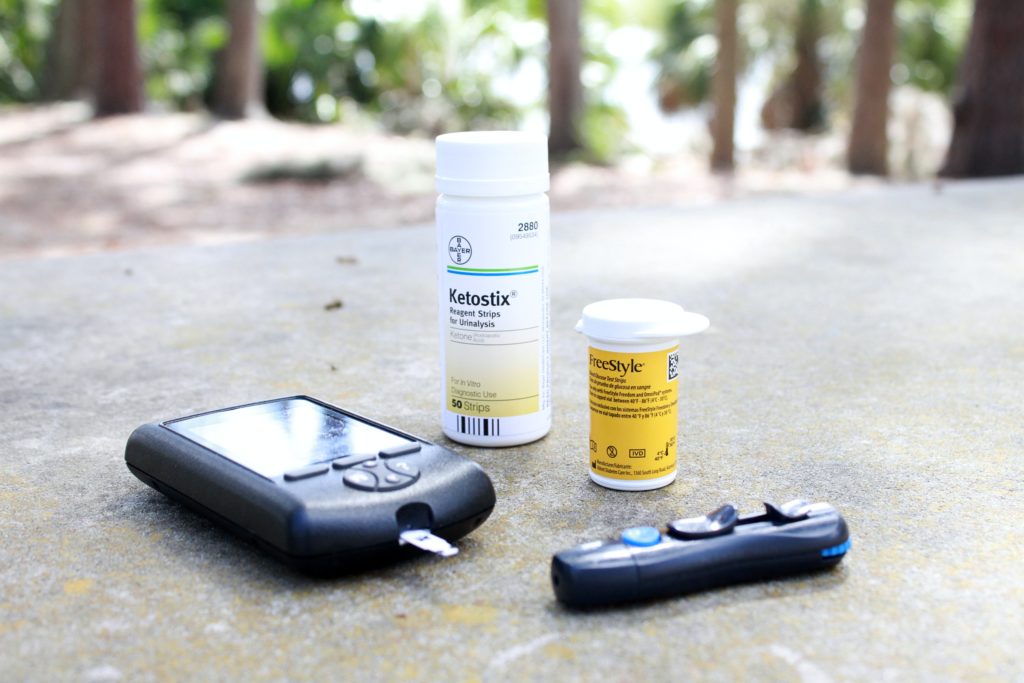Are you worried about your blood sugar levels? According to Ensure India, blood sugar levels for a diabetic patient reveals whether the individual has high amounts of blood sugar (hyperglycemia) or low amounts of blood sugar levels (hypoglycemia) in the blood.
Here are some pointers from Indian Express and Ensure India on how you can control your sugar levels and remain healthy while having diabetes:
Eat right and exercise every day
Diabetics are meant to eat every 2½ to 3 hours and main meals should be no longer than 4 – 5 hours apart. Meals and snacks help keep your blood glucose levels within its right range.
Low GI (Glycemic Index) foods like whole wheat, brown rice, oats and so on should be included in every meal. All refined cereal products such as white bread, noodles, white rice all play a part in high blood sugar levels and should be avoided.
Don’t miss your medication
If you miss your dosage of medication, it can increase your risk of other diabetes-related health complications.
Control your cholesterol levels
High cholesterol levels increase the risk of heart disease, or a stroke can result. For a diabetic patient, high cholesterol may also lead to clogged arteries, and coronary complications. It’s best to stay away from fats and fast food such as pizza, burgers or any fried foods.
Look after your kidneys
Diabetic patients are at risk of renal or kidney failure. Another complication is chronic kidney disease. Drinking plenty of water and eating correctly plays a significant role in this too.
Check your blood sugar levels regularly
Always keep a glucometer on you at all times. Your HbA1C (Hemoglobin A1C) should be tested twice a year to see how well your diabetes has been managed over a long period of time.
It’s a good idea to lose weight if need be
If a diabetic patient is overweight, it may cause a spike in cholesterol levels, also increasing the chances of heart disease.
Here’s some additional information from the diabetes.org website that provides diabetic patients with a simple rundown of what to eat, what not to eat too much of, and what to avoid completely.
Picture: Unsplash

